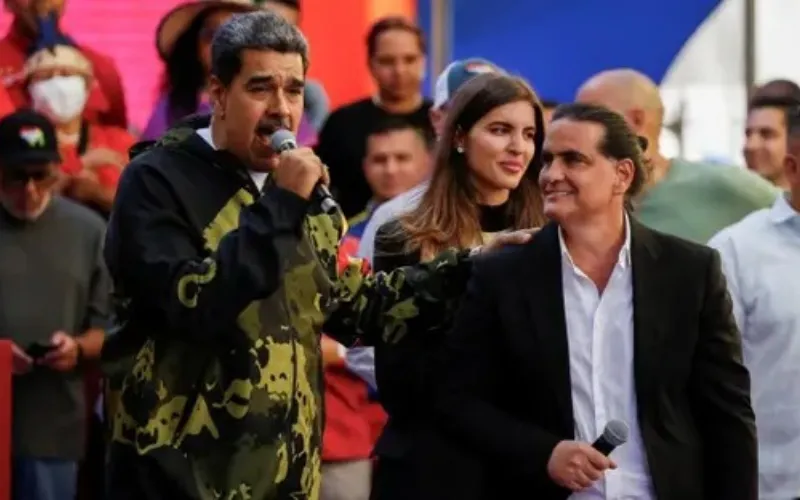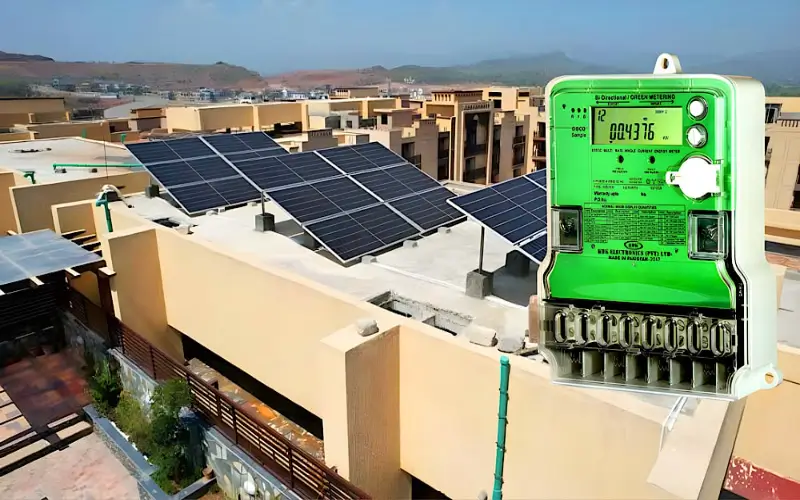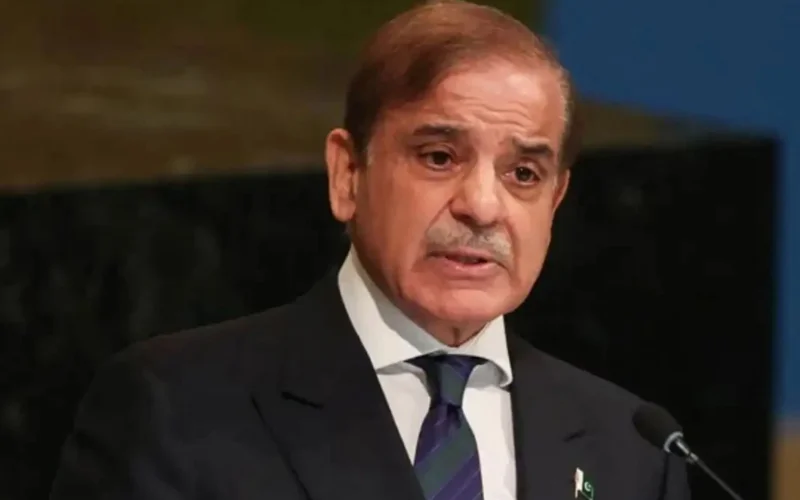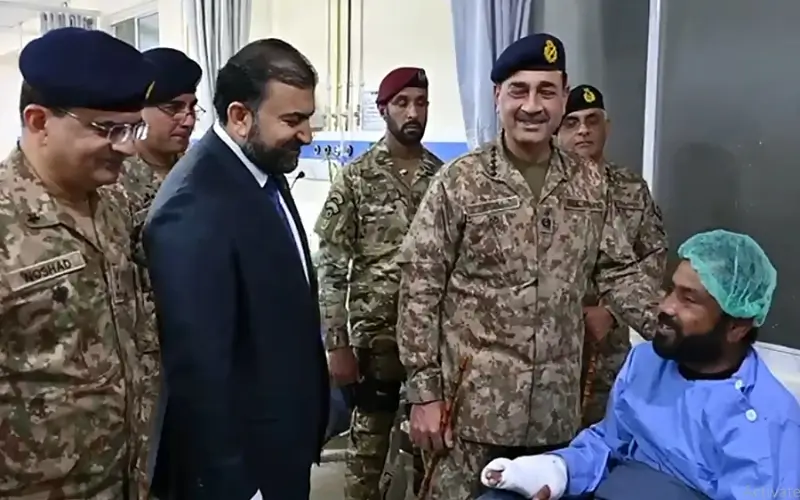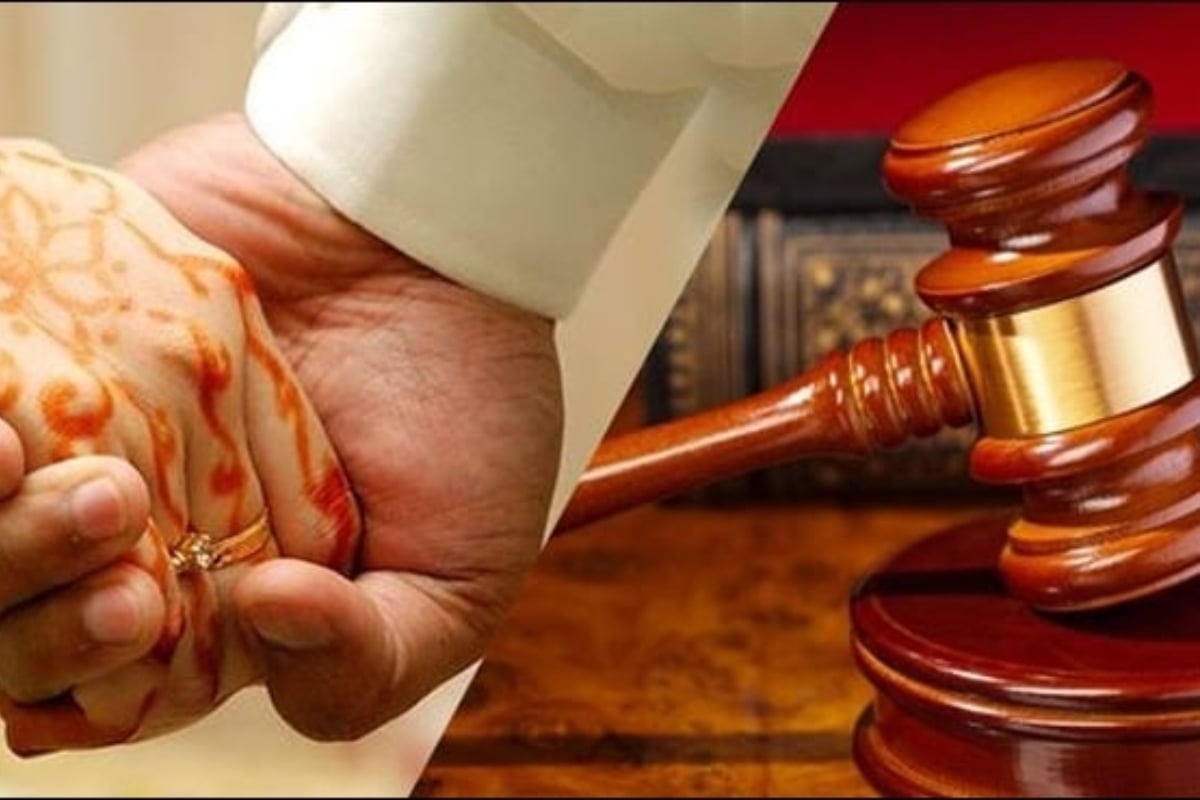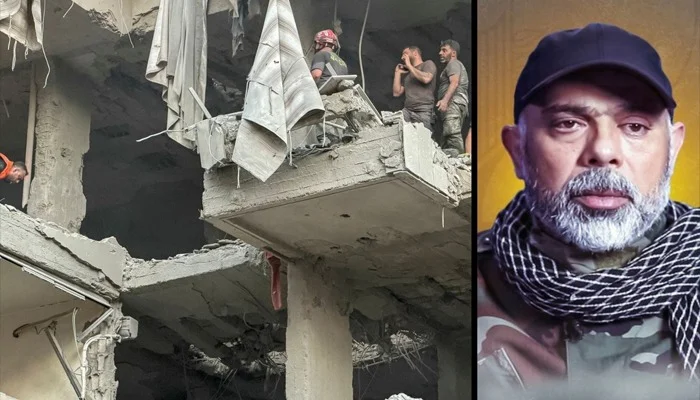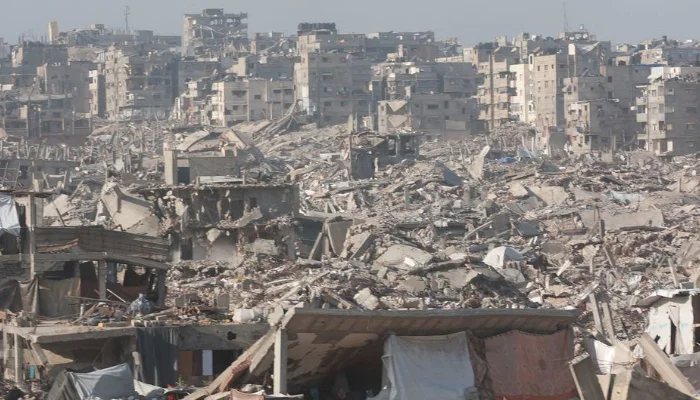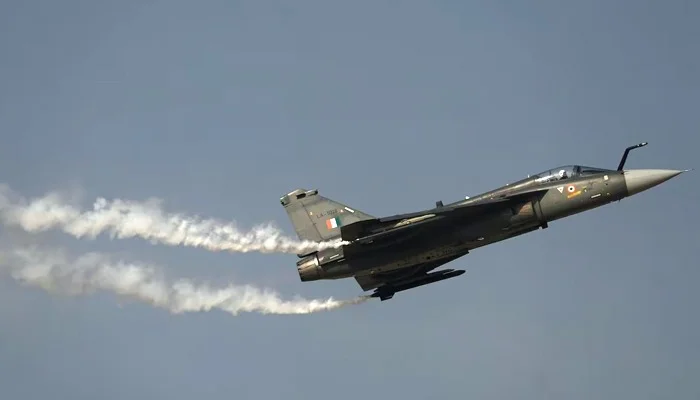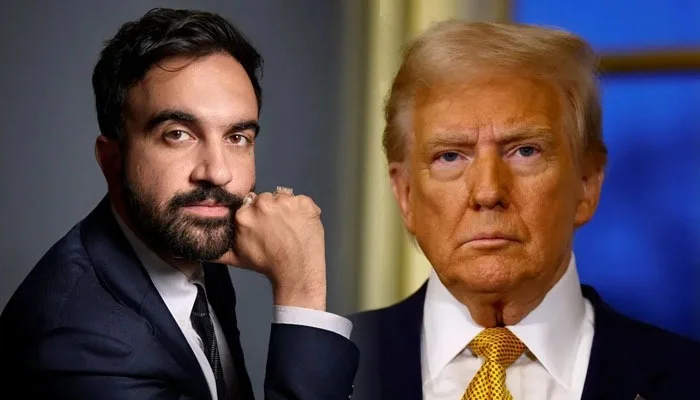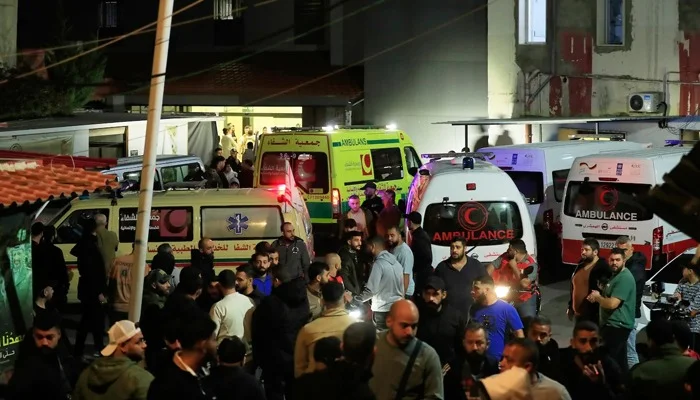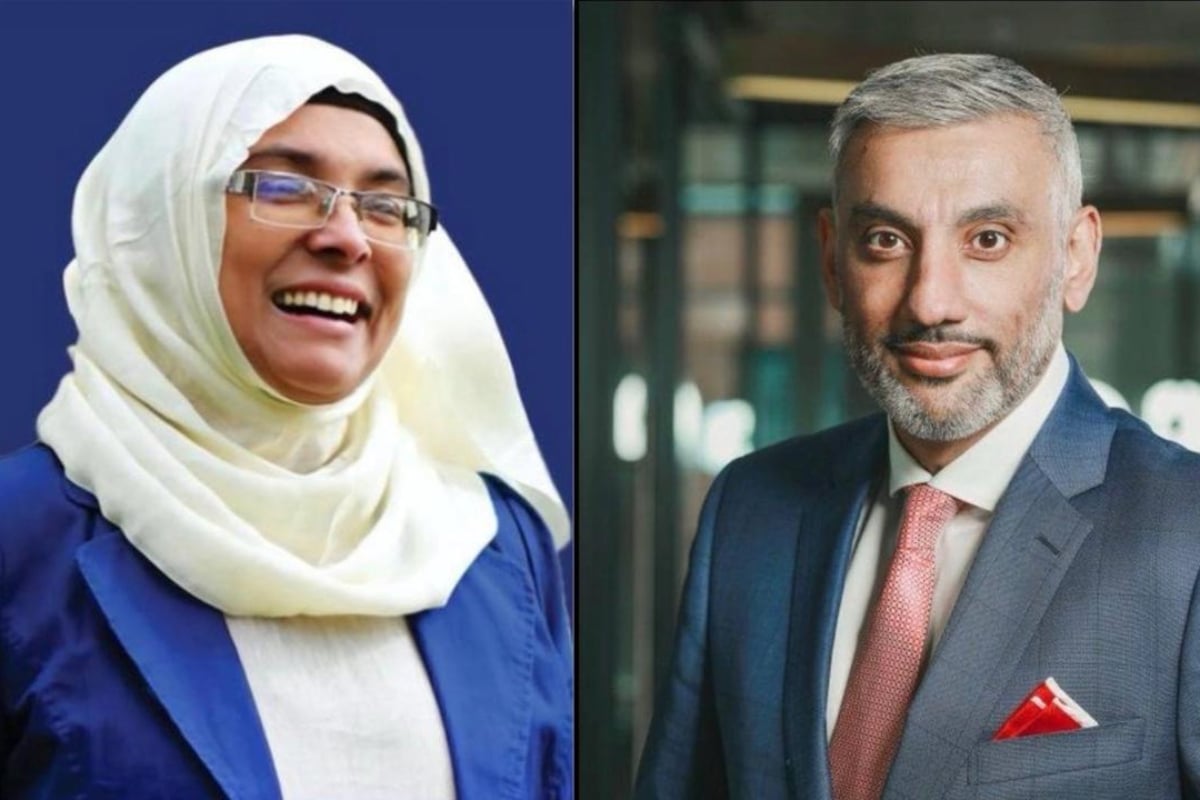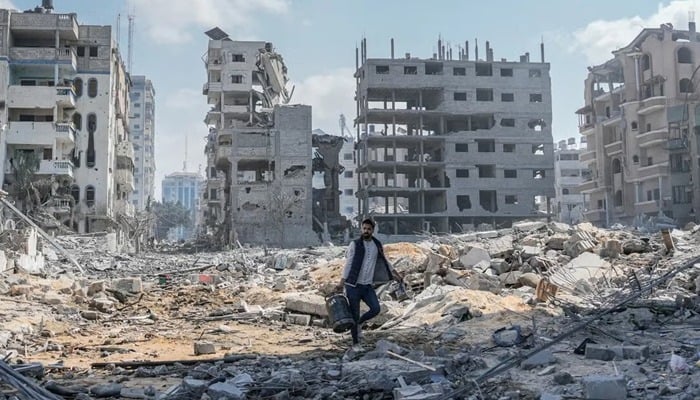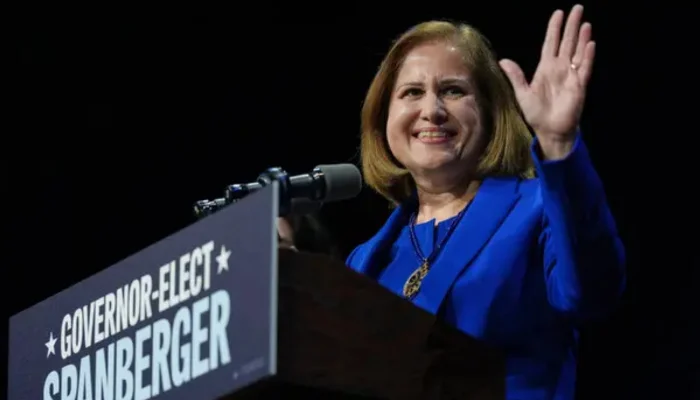- Rafiqul Islam joined tens of thousands of opposition supporters in Dhaka.
- He faked his identity.
- BNP called for the march to protest price spikes.
Bangladesh: Dhaka, Rafiqul Islam joined tens of thousands of opposition supporters after traveling from Noakhali.
To avoid incarceration before the anti-government gathering, he faked his identity.
The main opposition Bangladesh Nationalist Party (BNP) called for the march to protest price spikes and seek the resignation of Prime Minister Sheikh Hasina.
I deleted Messenger and logged into a second Facebook account. Islam, a grassroots BNP volunteer, told Al Jazeera that party leaders ordered them to do so to reach Dhaka without being arrested or harassed.
“It worked,” Islam stated Saturday morning in Golapbagh field in Dhaka. It was the last BNP rally to demand new elections under a neutral caretaker administration.
BNP’s top leadership demanded the removal of cases against party chief Khaleda Zia and her son Tarique Rahman at the Dhaka protest. Both were accused and convicted in what the party calls “politically driven trials.”
All seven BNP lawmakers resigned in protest at the “illegal” Awami League (AL) government.
Hasina, in office since 2009, is accused of overseeing two tainted national elections. Human rights activists and independent observers have criticized her government’s heavy-handed tactics to stifle opposition and dissent.
The BNP says four million of its members have faced 180,000 legal lawsuits in the last decade. At least 600 party members have been abducted and 3,000 killed extrajudicially, the party maintains.
Opposition leaders accused the administration of tightening down on its supporters to thwart recent gatherings.
The BNP stated 2,000 members and leaders were arrested days before the Dhaka rally. Mirza Fakhrul Islam Alamgir, the party’s de facto leader and general secretary, was also detained and jailed Friday.
Police arrested 500 individuals after violent opposition-led rallies on Wednesday. At least one person was killed and many were injured when security personnel in Dhaka shot rubber bullets and tear gas at a crowd of BNP supporters on December 10.
The government deployed more than 30,000 law enforcement officials in Dhaka on Saturday, while governing party leaders and AL activists took to the streets and entry points, Al Jazeera has gathered.
Dhaka Metropolitan Authorities Additional Commissioner Hafiz Akter told Al Jazeera that police have increased monitoring to prevent riots.
“We want to protect the public,” he stated. Akter said any political party can have people on the street as long as it’s not a nuisance.
Tens of thousands, including Islam, traveled to Dhaka to protest “an autocratic and harsh regime” in power “without people’s mandate.”
Islam said he was able to cross police checkpoints and enter Dhaka by portraying himself as an ordinary guy.
Monsur Jilani came from Cumilla. Jilani, a BNP district leader, has spent seven months in jail in the past three years.
“I supported the BNP. Police raided my home and falsely accused me. Jilani told Al Jazeera, “It’s our fight for survival.” “Hasina’s fascist regime must go.”
Kazi Abdullah Yusuf protested Hasina’s culture of terror. More than 2,000 people have been incarcerated in the previous two years under the “Digital Security Act,” which the UN says “imposes draconian sanctions for a wide range of undefined acts.”
“I voted for Hasina in 2009, but she’s become despotic. We no longer have free expression, and it’s stifling.
Skyrocketing prices of essentials, fuel price hikes, and power shortages prompted him to protest the administration.
“The Awami League government says it’s ushered in a new era of progress. He said, “I’m struggling to make ends meet.”
Until recently, Bangladesh’s booming export sector, which depends on ready-made garments, helped cushion the economy from global turbulence.
High energy prices caused by the Russia-Ukraine war have curtailed export orders from the west and devalued the local currency against the dollar. The country’s currency reserves decreased to $26.3bn from $45.5bn a year ago, enough for three months of imports.
The Hasina government hiked fuel prices by 40-50% in August to ease pressure on decreasing foreign reserves. Oils, rice, eggs, and veggies all cost 20-30% more due to the price increases. Bus fares, used by millions, have jumped 22%.
Many Bangladeshis have shown their outrage on social media or in the streets.
The BNP, which Hasina has marginalized for years, has channeled people’s resentment over rising costs.
Professor Ali Riaz of Illinois State University in the US said the BNP perceived an opportunity to make a political comeback after years of repression, as the Hasina government’s growth narrative seemed to be waning.
“It [development story] was false from the beginning and figures never tallied up,” Riaz said, adding that the large crowds at BNP rallies indicate not only support for the party but also “serious anger among average citizens about the status of economy and governance,” he told Al Jazeera.
In recent months, news of bank wrongdoing and capital flight by ruling party members has appeared.
“Cronyism creates strata of beneficiaries while a big portion of society suffers,” added Riaz.
He stated a huge segment of Bangladeshis is on the edge. “They want a government that is accountable to them and offers economic chances to survive,” he said.
Bangladeshi economist Jyoti Rahman criticized the government for mismanagement.
Parallel exchange rates, lack of reserve data transparency, and restricted interest rates have made things worse, he claimed.
He thinks that if the Taka depreciates against the US dollar, remittances from overseas – the second largest source of foreign currency — may dry up, worsening a financial crisis.
[embedpost slug=”bangladesh-accuses-of-violent-crackdown-on-free-speech”]



